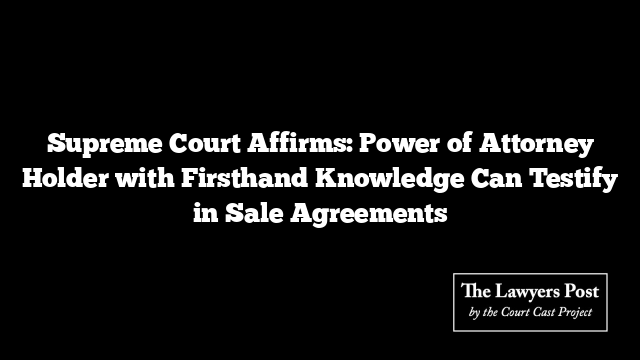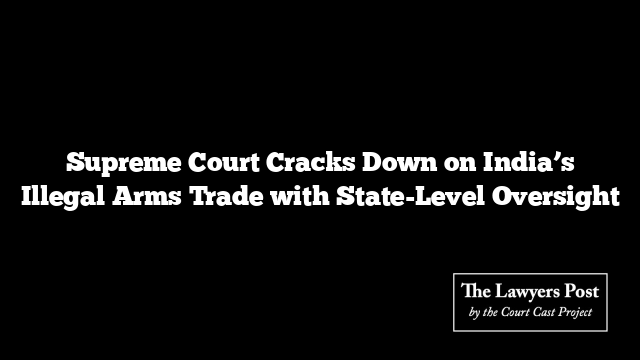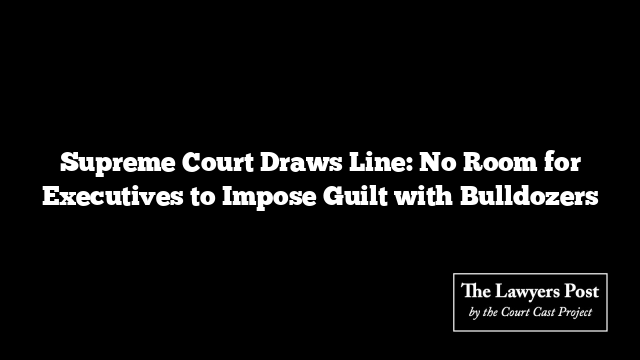The Supreme Court clarified that a power of attorney holder, who is also a vendee and plaintiff, may serve as a witness in matters involving an agreement to sell when they possess firsthand knowledge of the transaction. This ruling enables such individuals to testify on behalf of other plaintiffs in specific situations requiring personal insight.
The bench, consisting of Justice Vikram Nath and Justice Prashant Kumar Mishra, examined the case of a power of attorney holder present during the agreement’s execution, noting that their direct involvement provided them with unique insights into the principal’s actions, state of mind, and contractual readiness. Thus, they could legally testify on these matters, bridging the usual limitations placed on power of attorney holders.
In general, power of attorney holders can only testify about their direct actions on the principal’s behalf, typically unable to speak on the principal’s mental state or willingness regarding contractual terms. However, in this case, the court found that since the attorney holder was not only present but also a vendee, their deposition was admissible evidence on the agreement’s execution.
The judgment highlighted that the case aligned with established legal precedent—such as the ruling in Man Kaur—which permits attorney holders to testify on personally observed transactions but restricts testimony on subjective knowledge of the principal. Here, with the attorney holder involved as a plaintiff and party to the transaction, the testimony was considered legally valid in proving the sale agreement’s execution.





